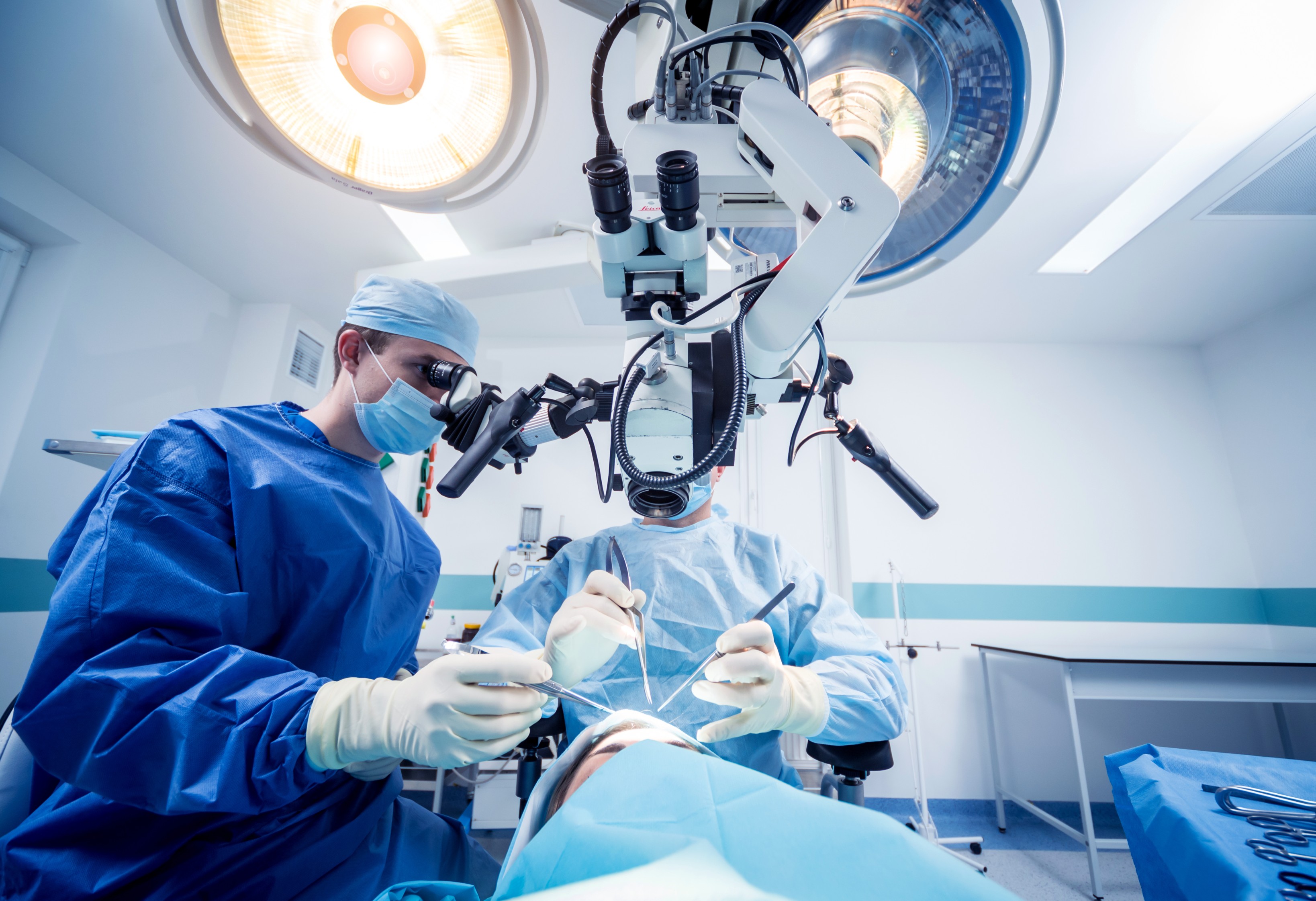Colorectal Cancer and Laparoscopic Surgery: Purpose & Benefits

Rectal and colorectal cancers are some of the most common types of cancers that have affected millions of people all across the globe. These are diseases in which cancer cells develop at the lower end of the digestive tract, i.e., the colon and rectum.
After over a decade of debate, it is now established that Laparoscopic surgery for treating rectal and colorectal cancers has short-term benefits compared to other surgical methods. As per a recent study by iData Research, over 13 million laparoscopic procedures are performed globally every year.
In this guide, we understand laparoscopic surgery and its potential benefits.
What is a Colorectal Cancer?
One type of cancer that begins in the colon or rectum is colorectal cancer. A tumour results when cells in the colon or rectum expand and divide uncontrolled. These cancer cells can infect adjacent organs and tissues over time and spread throughout the body via the lymphatic or blood systems. One of the most common types of rectal cancer is rectal adenocarcinoma. These tumours start as a polyp in the inner lining of the rectum. Although it can happen at any age, it mainly affects those over 50. Changes in bowel habits, blood in the stool, discomfort in the abdomen, or unintentional weight loss are examples of symptoms. Depending on the stage and location of the cancer, the course of treatment may include surgery, chemo, radiation, or a combination. Regular screening tests are crucial for early detection since they increase the likelihood of successful treatment and recovery.
Symptoms of colorectal cancer are:
Lethargy
Loss in weight
Bleeding in the rectum
Pain in the stomach
What is Laparoscopic Surgery?
Laparoscopic surgery is a minimally invasive surgical technique that uses tiny incisions and specialized tools to access and operate on inside organs. The following are some crucial details about laparoscopic surgery:
Keyhole surgery or minimally invasive surgery are terms that are regularly used to describe laparoscopic surgery.
A laparoscope, a short tube with a camera and light at the end, is used to do the procedure.
A relatively small incision, usually less than 1 cm long, introduces the laparoscope.
More incisions could be required to introduce specialized surgical equipment to handle and remove organs.
Using the equipment placed through the tiny incisions, the surgeon performs the surgery while viewing the body's interior on a monitor.
Compared to open surgery, laparoscopic surgery is often less painful and requires less healing time.
The method is frequently applied during operations like hysterectomy, hernia repair, and gallbladder removal.
Laparoscopic surgery can also be done for diagnostic reasons, such as searching for disease or abdominal damage indicators.
Laparoscopic surgery has some dangers and possible side effects, including bleeding, infection, and organ damage, much like any other type of surgery.
Compared to standard open surgery, laparoscopic surgery may provide fewer scars and better cosmetic results since the incisions are much smaller and may heal more discreetly.
Benefits of Laparoscopic Surgery for Colonic and Rectal Cancer
Rectal and colorectal cancer treatment has undergone a revolution thanks to laparoscopic surgery. These are a few of the main advantages of this method:
Less Pain and Scarring: A minimally invasive technique involves only a few tiny incisions in the colon and rectum, which causes less pain and discomfort. It is more comfortable, therefore, than open surgery.
Faster Recovery Rate: Due to the less intrusive nature of the operation, patients frequently have shorter hospital stays and recover more quickly than with open surgery. As a result, a patient can resume their regular activities earlier.
Fewer Complications: Compared to open surgery, laparoscopic surgery has fewer complications. There is a decreased risk of infection, bleeding, and other postoperative problems.
Better Cosmetic Results: Less scarring is caused by the tiny incisions used in laparoscopic surgery. Compared to open surgery, the cosmetic results are better.

Is Laparoscopic Surgery Right for You?
There are several factors to consider to help you decide if laparoscopic surgery is the right choice for treating cancer related to the colon and rectum. Here are some key considerations:
Your Overall Health: A person's fitness level plays a crucial role in determining whether laparoscopic surgery is a safe & secure option. Before surgery, a medical team will evaluate your overall health history, medications, and any other medical conditions to decide if you are an ideal candidate for the procedure.
The Stage and Location of Your Rectal Cancer: Determining the stage and location of your cancer is crucial to whether laparoscopic surgery is an appropriate treatment option. In some cases, open surgery is required to remove large tumours located in the colon and rectum.
Personal Priorities: Personal priorities are essential when deciding whether to have surgery. While a less intrusive method may need a longer recovery, some patients prefer it. Others might choose a quicker healing strategy, even if it means making a larger incision.
You can treat colon and rectum cancer more effectively if you consult a team of professionals. The group will assess your situation, respond to your inquiries, and assist you in determining whether this course of action is right for you.
You must know the procedure's hazards and advantages before choosing. You can confidently decide on your course of treatment by following your medical team's advice.
Conclusion
Laparoscopic surgery offers numerous benefits for colon and rectal cancer patients, including reduced scarring and pain, faster recovery times, fewer complications, and improved cosmetic outcomes. While it may not be the best option for everyone, it's essential to consider this minimally invasive technique when exploring treatment options. The future of laparoscopic surgery looks bright, with advancements in technology and techniques that continue to improve patient outcomes. If you have anybody with the symptoms of rectal and colorectal cancers, we recommend you contact the laparoscopic department and consult with Doctor.






